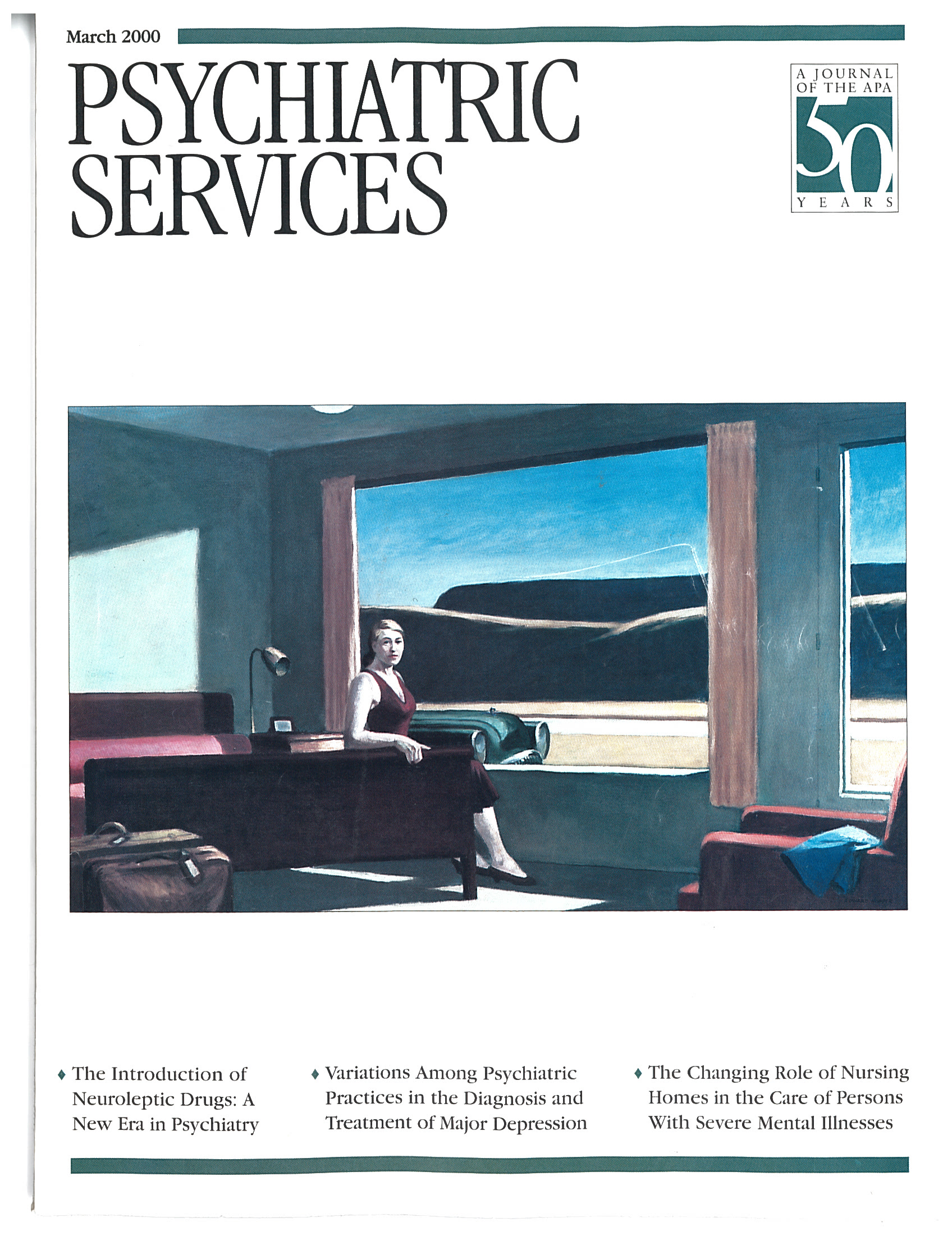Effects of an Outreach Intervention on Use of Mental Health Services by Veterans With Posttraumatic Stress Disorder
Abstract
OBJECTIVE: The study examined the effectiveness of an outreach intervention designed to increase access to mental health treatment among veterans disabled by chronic posttraumatic stress disorder (PTSD) and identified patient-reported barriers to care associated with failure to seek the treatment offered. METHODS: Participants were 594 male Vietnam veterans who were not enrolled in mental health care at a Department of Veterans Affairs (VA) medical center but who were receiving VA disability benefits for PTSD. Half the sample was randomly assigned to an outreach intervention, and the other half was assigned to a control group. Veterans in the intervention group received a mailing that included a brochure describing PTSD treatment available at an urban VA medical center, along with a letter informing them about how to access care. Participants in the intervention group were subsequently telephoned by a study coordinator who encouraged them to enroll in PTSD treatment and who administered a survey assessing barriers to care. RESULTS: Veterans in the intervention group were significantly more likely than those in the control group to schedule an intake appointment (28 percent versus 7 percent), attend the intake (23 percent versus 7 percent), and enroll in treatment (19 percent versus 6 percent). Several patient-identified barriers were associated with failure to seek VA mental health care, such as personal obligations that prevented clinic attendance, inconvenient clinic hours, and current receipt of mental health treatment from a non-VA provider. CONCLUSIONS: Utilization of mental health services among underserved veterans with PTSD can be increased by an inexpensive outreach intervention, which may be useful with other chronically mentally ill populations.



